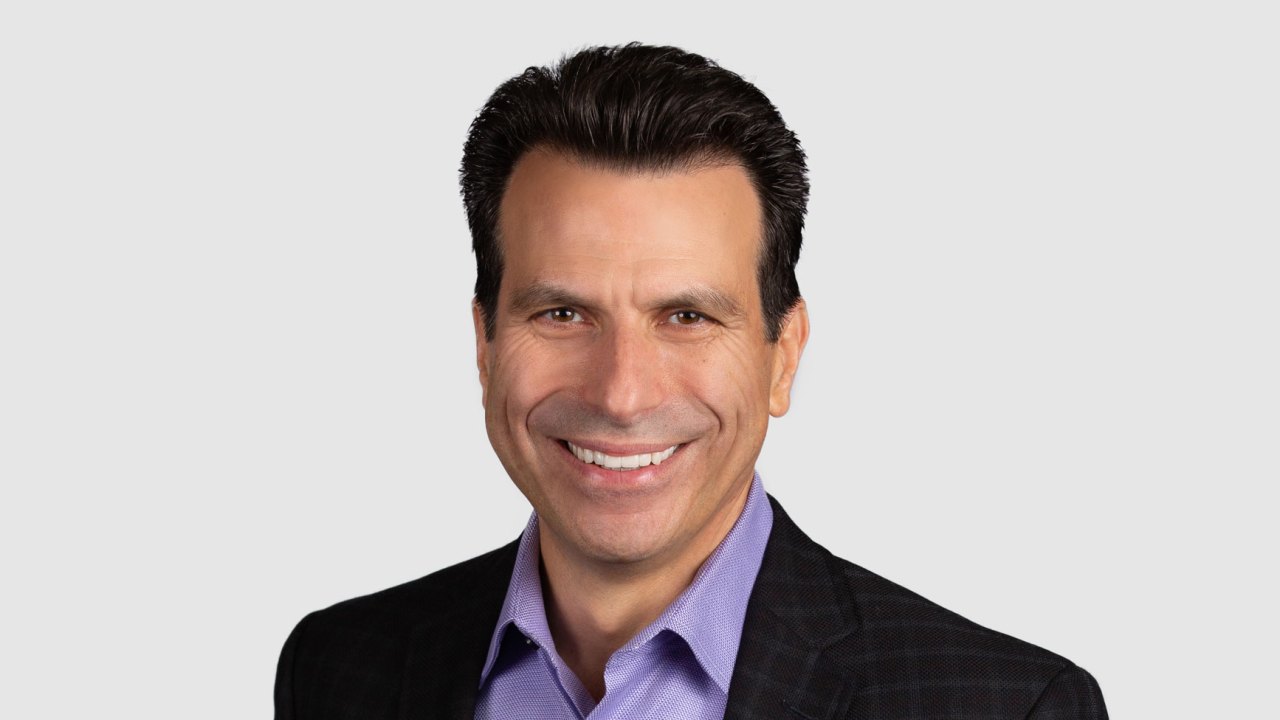The landscape of urban development is undergoing a seismic shift, thanks to the integration of artificial intelligence and advanced computational tools. One major player in this transformative space is Autodesk, a company synonymous with innovation in the engineering and design industries. Their recent acquisition of the Norwegian startup Spacemaker has raised eyebrows and excitement across the globe, as it signifies a strategic repositioning within the cloud-first paradigm. But what lies beneath this $240 million acquisition? Let’s dig deeper into Autodesk CEO Andrew Anagnost’s insights regarding this powerful union.
The Significance of Generative Design
At the core of Autodesk’s interest in Spacemaker is a concept known as generative design, which leverages machine learning and cloud computing to optimize urban planning. This approach empowers architects and urban planners to explore countless design alternatives swiftly, ultimately leading to better decision-making. As Anagnost explains, Spacemaker has the unique capability to analyze vast amounts of data against specific parameters, setting a new standard in how urban spaces are shaped.
Why Spacemaker Stands Out
Anagnost identifies three crucial factors that made Spacemaker an attractive acquisition target:
- A Talented Team: The 115-strong workforce at Spacemaker is not only skilled but also imbued with a culture of innovation. Their combination of talent and ambition aligns seamlessly with Autodesk’s vision.
- Solving Real Problems: Unlike many technology startups that boast great ideas without tangible solutions, Spacemaker effectively addresses pressing challenges in urban planning. Their AI-driven platform has garnered positive feedback from clients, emphasizing its practicality.
- Shared Ethical Vision: In an era rife with skepticism surrounding AI, the mission of Spacemaker to improve quality of life and promote sustainability resonates deeply with Autodesk’s ambitions. The ethical framework of using technology for good is paramount in today’s landscape.
What Autodesk Brings to the Table
In this partnership, Autodesk plans to offer Spacemaker a more stable investment environment. While venture capital can provide fast growth, the long-term vision often gets overshadowed. Anagnost points out that by joining Autodesk, Spacemaker will benefit from steady operational funding and access to a larger customer base, accelerating their outreach on a global scale. Furthermore, Autodesk intends to empower the Spacemaker team to diversify their technology applications, extending their innovations across various sectors.
Addressing Criticism Regarding Timing
The conversation around whether Spacemaker sold out too early is an interesting conundrum. Critics typically view acquisitions through the lens of potential financial growth; however, Anagnost emphasizes the importance of a company’s mission and capacity for impactful problem-solving. Employees of Spacemaker are not merely chasing higher valuations—they are committed to transforming urban planning for the better. By aligning with Autodesk, they can have a more profound impact than going it alone.
Navigating the Future of Urban Design Post-Pandemic
Amid ongoing discussions about shifts in urban living due to COVID-19, Anagnost firmly believes that the need for effective urban planning continues to grow. Densifying urban centers demand intelligent design that supports both residents and the environments they inhabit. The capabilities that Spacemaker brings will be crucial in meeting this growing demand, showcasing how technology can lead to healthier living conditions while prioritizing sustainability.
The European Advantage
An emerging question is whether the European roots of Spacemaker confer an edge. Anagnost suggests that the ethical foundation of European tech companies often enhances their innovative ethos. By approaching challenges with a focus on societal and environmental outcomes, Spacemaker stands out in a landscape where many enterprises prioritize rapid growth above all else. This commitment to ethical AI applications can foster deeper user trust and collaboration.
Conclusion: A New Chapter for Urban Development
Autodesk’s acquisition of Spacemaker represents a daring step into the future of urban design, intertwining AI with the fabric of urban planning. By harnessing the potential of generative design, they are poised to redefine how cities are built, promoting sustainability and enhancing quality of life. This partnership is more than just a business acquisition; it is a commitment to using technology as a force for good.
At fxis.ai, we believe that such advancements are crucial for the future of AI, as they enable more comprehensive and effective solutions. Our team is continually exploring new methodologies to push the envelope in artificial intelligence, ensuring that our clients benefit from the latest technological innovations. For more insights, updates, or to collaborate on AI development projects, stay connected with fxis.ai.

